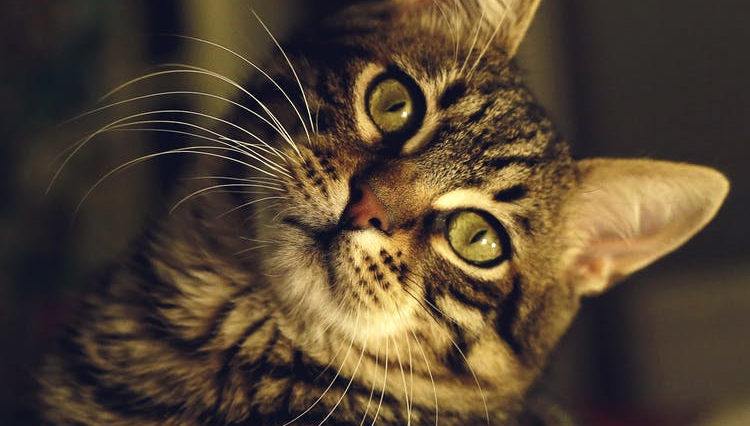Feed the ideal diet for your senior cat
Recent advancements in medical science have not only extended human lives, but also enhanced the quality of life of our feline friends. In this regard, pet parents might have a few questions: what should elderly cats eat? Is there any particular food that ensures they remain physically strong and healthy?
If you are talking about a cat that is in the final stages of life, then the answer is to give them whatever they feel like eating. In case your pet is in good condition barring a few hiccups here and there, choose their food carefully so that they meet their nutritional requirements.
Cats turn into finicky eaters with their advancing years. This is sadly also a time when their quality of life starts declining. So, it is quite an achievement if you get them to eat anything at all. A lot of thought needs to go in formulating the right nutritional requirement for your pet, which will improve their health and promote longevity.
A cat’s digestive ability changes as they grow older. Once they turn 11 or 12 years old, their ability to digest fat decreases. Additional research has shown that 20 per cent of cats above 14 years of age have a lower ability to digest protein. So, if you feel that you can remove protein and fat out of their diet, you cannot be more wrong as your cat will then lose both fat and muscle mass, thereby getting weak and sick.
Older cats have a higher risk of developing arthritis and kidney disease. As they advance into senior age, there will be increased production of free radicals in their body. Free radicals are a group of atoms that contain oxygen and electrons that can alter and damage the chemical structure of cells or compounds. This is the culprit that causes cancer.
Based on the above findings, an ideal diet for your senior buddy needs to have the following:
- They must have high antioxidant levels to protect the body from free radical damage. So, food that is high in Vitamin A, C and E, beta carotene and selenium must be served to your pet
- To protect their kidneys, a lower level of phosphorous must be fed. High quality protein sources like eggs have less phosphorous content as compared to low quality protein sources, such as cereals
- They should be fed sufficient amount of protein to maintain their muscle mass. Extra carnitine, an amino acid, will help
- Fish oils and other sources of essential fatty acids should be given to your pet regularly to delay brain ageing and to promote joint health
- Include a moderate to high level of fat in their food only after checking their body condition score. Thin cats need a significant amount of fat to reach their required level of calorie intake. Overweight cats need less amount of fat
- Lastly, the food must smell appetising and should taste delicious as well. How you do this is up to your creativity!
The above-mentioned conditions can be changed or slightly modified if your pet suffers from a particular disease. Your vet will help your figure the best food that will satisfy the requirements of your pet’s particular needs. You can also post your queries at www.tailslife.app.link/queries for further information.

